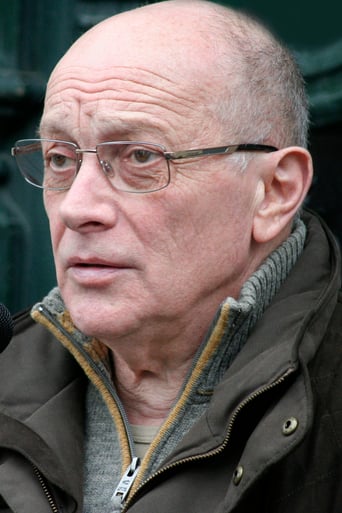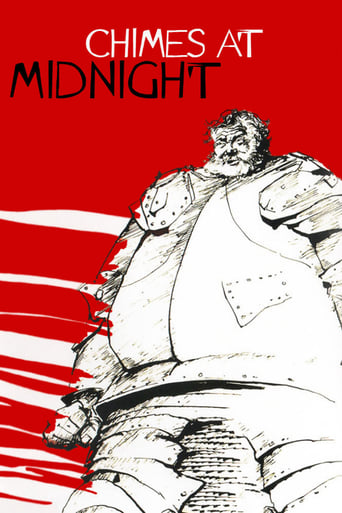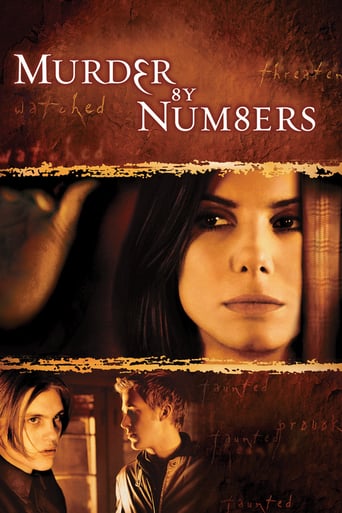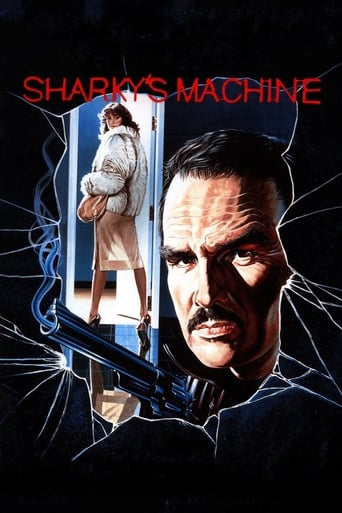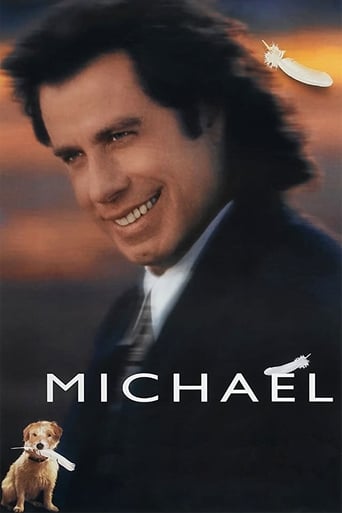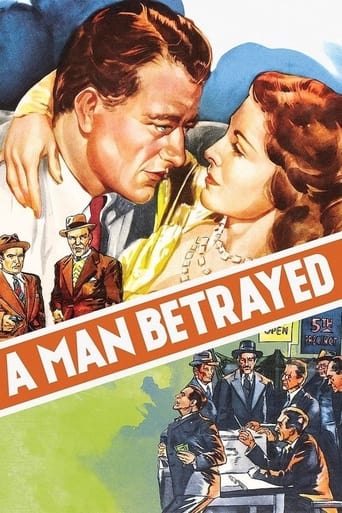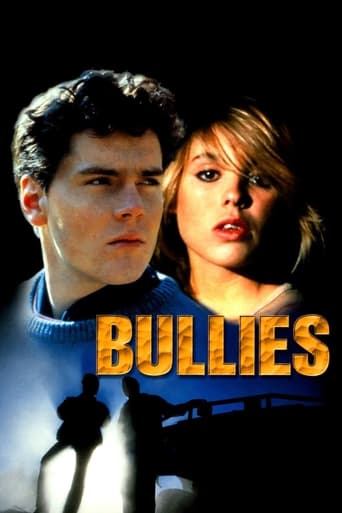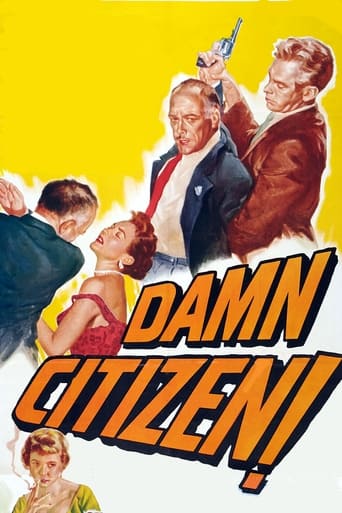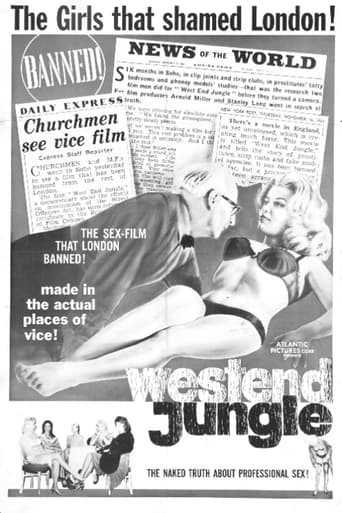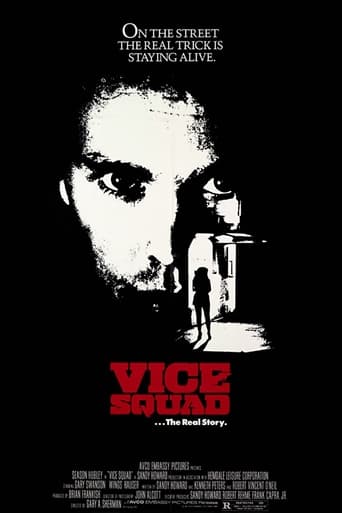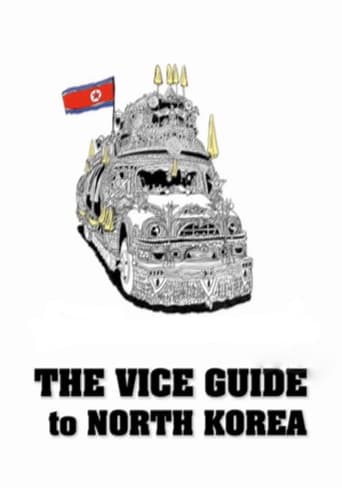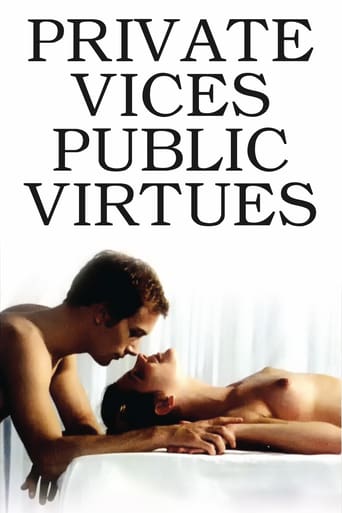
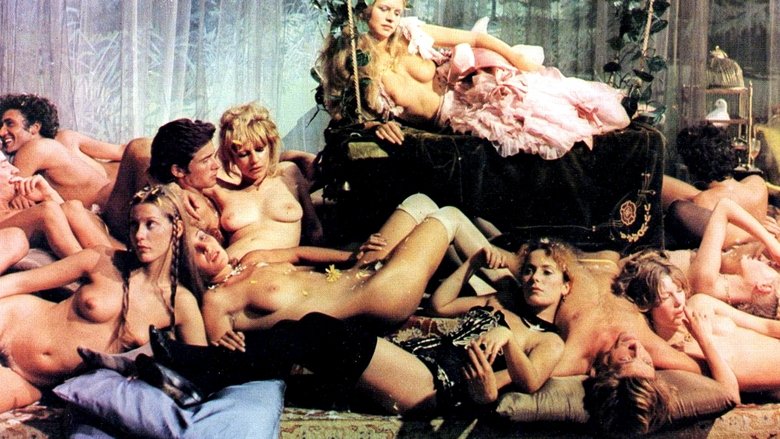
Private Vices, Public Virtues (1976)
The setting is a Central European kingdom, near the turn of the century. Bored by his very proper wife, the youthful heir to the throne spends his time in amorous dalliances at a sprawling country estate. His wife departs at the arrival of his friends, and they organize a celebration which becomes a wild orgy and culminates in death and tragedy.
Watch Trailer
Cast


Similar titles
Reviews
Good concept, poorly executed.
The best films of this genre always show a path and provide a takeaway for being a better person.
One of the most extraordinary films you will see this year. Take that as you want.
It is encouraging that the film ends so strongly.Otherwise, it wouldn't have been a particularly memorable film
For many, this film is pure pornography with a lot of pretension. But, for some -'in the know'- it is a historical allegory reinterpreting the real-life "Mayerling affair," in which the Austro-Hungarian Crown Prince Rudolph and his mistress, the Baroness Maria Vetsera, committed suicide at the family hunting lodge, Mayerling, because they were not allowed to marry. The official records of the deaths were long hidden, then destroyed and the public's imagination was captured for decades to come with the mysteries surrounding the love/political affairs of the ruling society. The film director Jancsó, having long artistic controversies of his own, suggests that contrary to this official version, the lovers were indeed assassinated by his father, Emperor Franz Josef. Rudolph and his friends were in direct opposition with the world of the Emperor on many issues and used plots to convince him that his time was past, and that it was now the moment to allow the Young&New to rise to power. Some of those plots consisted of attracting the youth of the best families in the Austro-Hungarian Empire to their castle involving them in giant orgies. Photographs were taken during these orgies and sent to the Emperor, in order to blackmail him and convince him to let the new order rule (?!). After the soldiers -led by the Austrian secret police- shot the couple, their corpses were arranged suggesting a romantic suicide pact-to avoid scandal or radical overthrow of a society obsessed with image.In this movie, Jancsó is inventing a 'real story' in order of translating the complexities of the realities of repression and freedom into images. In it he replaces a romantic cliché with a modern politicized take on a particularly tormented historical period, but his visual language's coding brings forth the controversy that rendered this piece of his art to obscurity. The explicit use of nudity and erotic encounters of all kinds seems to be concealing the message of aspiring political freedom from an initial and superficial glance. The use of nudity is a recurrent visual element in Jancsó's art, but, while in his earlier works it was a symbol of humiliation, now it is a sign of liberation and he goes much farther than that. The mix of both sexes in wild celebration of nakedness and sex in a state of joy and ecstasy is an expression of rebellion and free will. This is in contrast with the attitudes of those in power, who seem to want to cover every inch of flesh with as many layers as possible and every act of life with prude social contacts ('In MY family, we do not have sex!'). This revolution replaces the unnatural uniforms of the army and clergy with natural uniformity of the nakedness of all-beautiful young bodies, and the highly coded social behavior with spontaneous sexuality. This alone indeed, often places the unprepared spectator at certain unease.Due to contractual terms, Jancsó enjoyed less than usual artistic freedom that shows up as discontinuity with both, his previous and later works when it comes to editing, using of music and photography. Despite these minor artistic flaws, the film remains a powerful work, reflecting on youth movements that attempted revolutions in the 60s and 70s' Western World, bearing signs of knowing what they did not want-but being not sure of what to replace them with. Jancsó proves himself to be a lucid analyst not only of history but also of modern society. The young in this film are mistaken by hoping to make their voices heard, as silence and conformance with the social order is to be maintained by those in power - regardless the arbitrary nature of this order. One can argue that the mock-rituals of the Crown Prince are as legitimate as the Imperial etiquette, but a revolution without proper preparation is doomed to failure.In summary, 'Vizi privati, pubbliche virtú' is a sorrowful meditation on the limits of a revolution that failed to come to life, not a pretentious porno flick - as an unperceptive observant would judge it to be. The question is ours now to answer: 'Is our society -and we ourselves- are so far removed from the puritanical world of the Austro-Hungarian Emperor Franz Josef and his obsessively clean image? '
This is an excellent film, with an unfortunate and misguided bad reputation. Partly because Jancso antagonised the critics by including explicit (for its time) sex when they had been used to more "political" content. Jancso used the sexuality in his film to point out that we live in a repressive society and showed that the characters in his film were willing, up until the point of death, to live out their free attitudes towards sexuality. This was and still is a subversive issue as sexuality still seems to need some dismal excuse for inclusion in non-pornographic films. In this film Jancso was bold enough to present eroticism within a deliberately anarchic context. Contrary to other readers comments this film is neither boring nor rubbish. The fact also that it has homosexual imagery disturbs a lot of narrow minded viewers, but there again Jancso showed these images to represent a multi-sexual utopia. This utopia of course in the film had to be destroyed. You can't get more political than that.
The Australian video release cover of Miklos Jancso's 1975 ode to sexual freedom and personal rebellion had it placed alongside pornography in Australian video stores when it was released in the 1980s (alongside other classics like In The Realm of The Senses and A Zed and Two Noughts). It features naked bodies moving and lying all over one another in a wildly joyous orgy. Once you watch the film, you realise this is no simple recitation of the pleasures or mechanics of the flesh. This is a fascinating film which can be aligned for many reasons with Pasolini's Salo (they were both made almost in parallel). Both films are subversive historical studies of human sexuality and the treatment of the human body as a political object. Or more simply, the way bodies are always at the centre of the forces of power. The two films are very different - but not absolutely distinct. Both do concern the events at a distant place where sources of political and social power subvert the order of things. In Salo, however, it is an insatiable facistic power which reproduces itself through acts of abuse and murder. In Private Vice..., it is a subversive power of a less annihilistic order aiming to alter order by embracing passions and overturning the military order. Quite the opposite to Pasolini's much more bleak vision of politics in the shadow of modern forms of exploitation since WW2.Private vice, Public Virtue follows a rebel son embracing the ideals of sexual freedom, dionysian joys such as wine and song, and the rebellious refusal to accept the orders of absent elders. The scenes where they mock the military ruler with caricatured masks as the army returns from battle is one such example. But throughout, the film seeks to alter roles and power structures. Women wield dildoes, nakedness is not the domain of women as in so many other films and sexual expression is an unstoppable force. The film is both a beautiful, utopian vision and a tale of the violent power of history.
I can't forget such an graceful and sad movie. It's as beautiful as moving folk dancing songs. Real masterpiece! Slow path, poetic, erotic and hard to understand completely unless we are well-known about history of that event and already get used to art flims. You won't really satisfied and might feel bored if you are finding a sexual porn film. It should not be shown on Playboy channel. What a shame! I feel sorry for that great Central European director.


